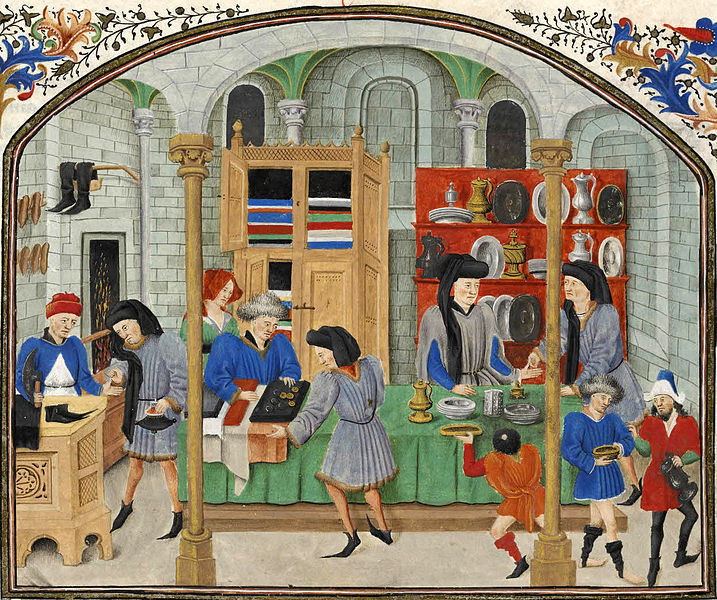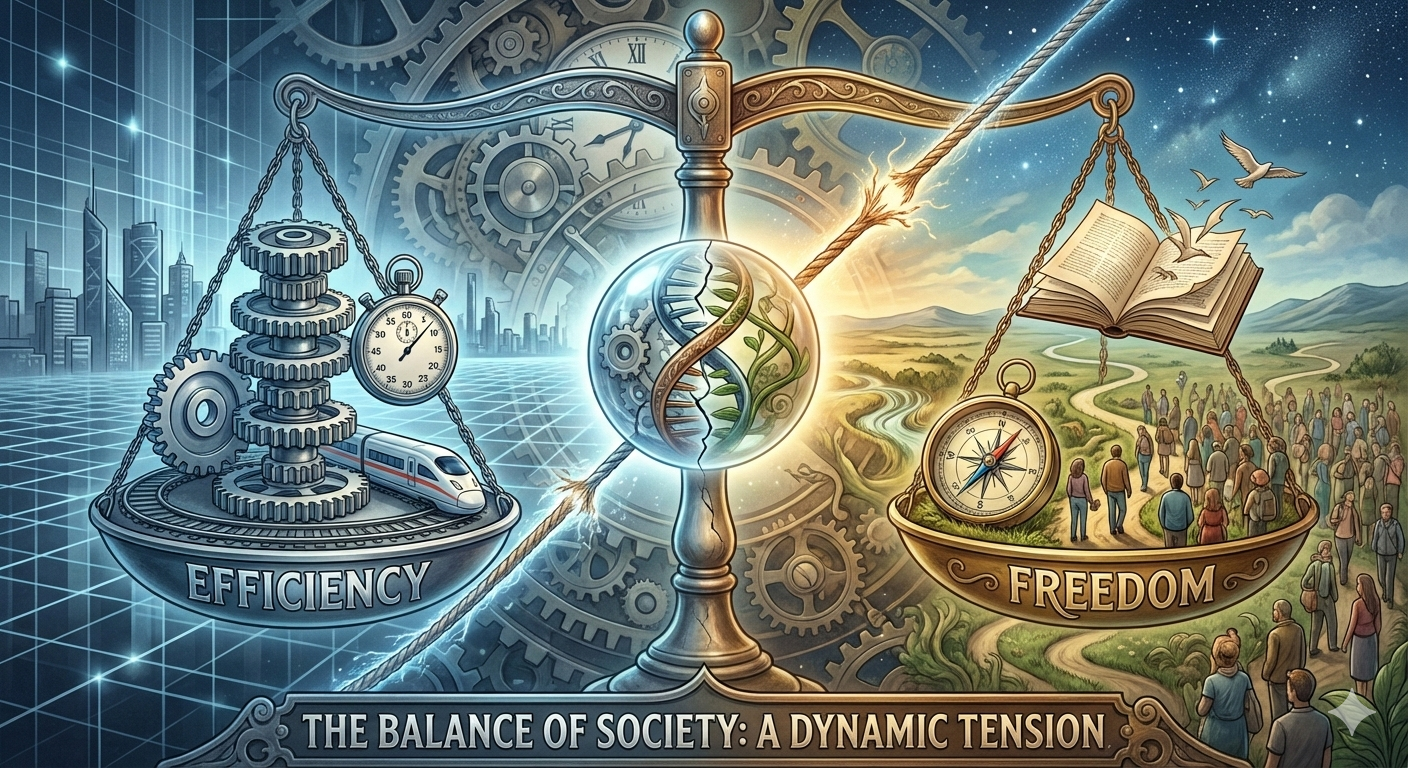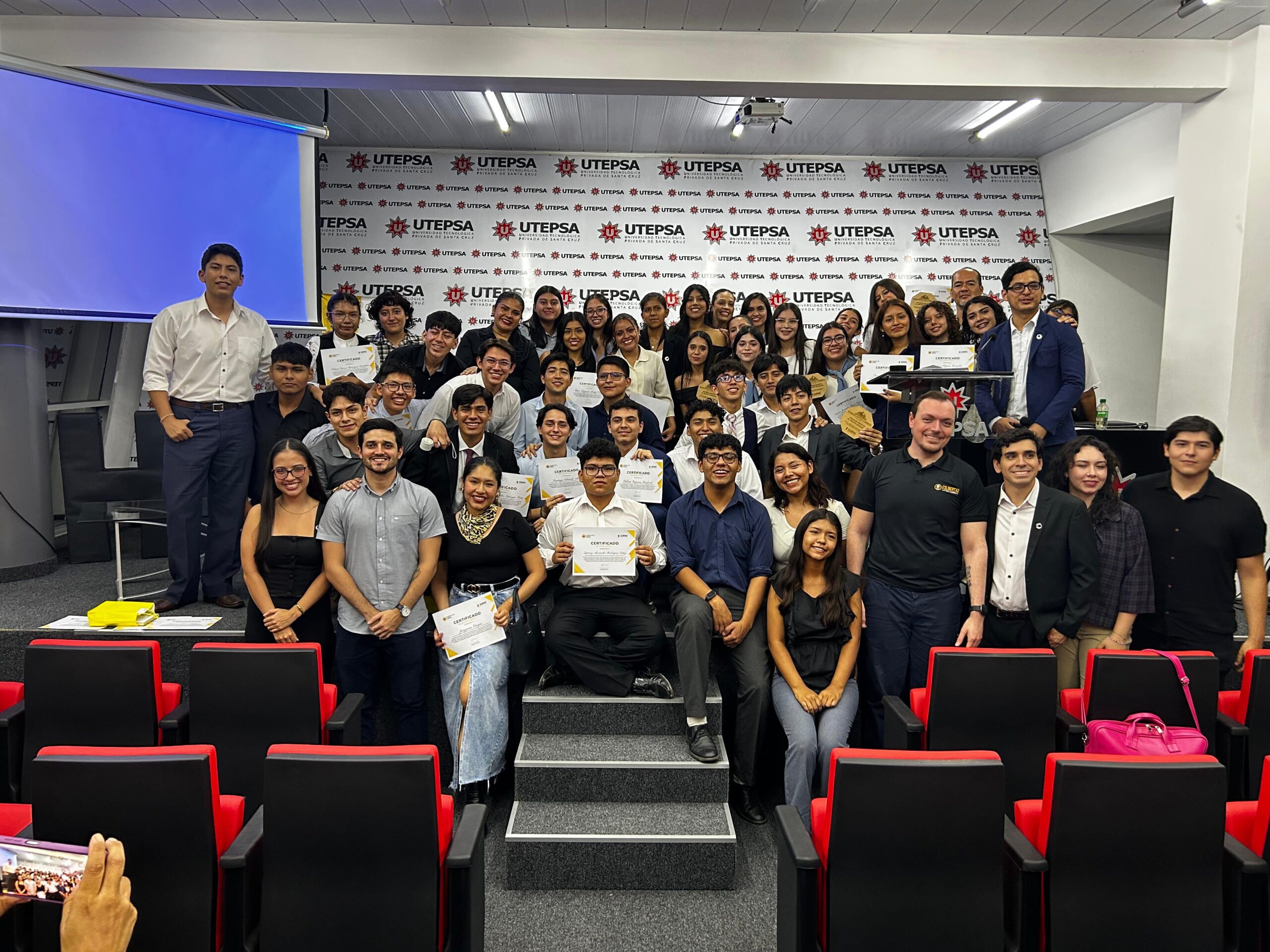Image citation: Medieval Market, licensed under Wikimedia Commons
Nicole Oresme was a 14th century philosopher probably best known for his work in the natural sciences, especially in astronomy with his translation and comments on Aristotle’s On the Heavens, titled, Le Livre du ciel et du monde. But Oresme’s contribution extends into the social realm as well. Oresme translated and commented on a number of works from Aristotle which included producing the first vernacular translation of his Politics, translating the work into French at the request of King Charles V. In these commentaries, Oresme was a consistent opponent of all taxation, suggesting in his comments on Politics that “a true king is self-sufficient, having no need of the goods of his subjects.” Susan Babbitt, suggests that “Oresme saw taxation as simple tyranny, as a corollary of greed.”
Such seemingly proto-classical liberal conclusions not only appeared in his translations of Aristotle but also in his original work. Oresme also ventured into the humanities and social sciences with one of his later publications, De Moneta or On Money. In this short but powerful treatise, Oresme lays out the way in which he believes money should be minted. His views once again mirror that of the later classical liberals and libertarian thinkers on inflation just as they did on taxation: That to devalue money through minting was manifestly unjust and “plainly unlawful”.
To determine the proper way to mint money, Oresme begins first by asking who should mint the money. Oresme suggests that it was “one or more public persons deputed by the community” who had the duty to mint money. For him, this person should be the prince since he is “the most public person and of the highest authority.” This is not a straightforward democratic argument for the prince to mint money. Of course, Princes were not ‘deputed’ by election. Nonetheless, the community played a key role for Oresme in the way that money should be minted and suggests that “money is essentially established and devised for the good of the community.”
The next step in Oresme’s argument is to ask to whom money belongs. He makes a distinction between “artificial riches” and “natural wealth,” with money making up the former and non-monetary goods making up the latter. For Oresme, money “is therefore the property of those who possess such [natural] wealth.” This is not how we think of the ownership of money today. We think that each agent on the side of a transaction owns that with which they exchange prior to the transaction. For example, when I purchase a pack of gum for one dollar, it is usually thought that I own the dollar prior to my purchase, not the person who has the gum. But Oresme suggests that “if a man gives bread or bodily labour in exchange for money, the money he receives is as much his as the bread or bodily labour of which he (unless he were a slave) was free to dispose.”
Finally, Oresme distinguishes between two forms of altering coin, one trivial, the other vicious. The first way of altering coinage was to change the money but not debase it (i.e. make it less valuable), perhaps by inscribing his own name on a coin which bore the name of a previous prince. Oresme suggests that such an alteration is “is not strictly an alteration, nor is it a great matter if it is done.”
But another form of alternation is one which “demonetizes” the coin. By this, Oresme means the debasing of coins, either by taking some of the precious metal content out or alloying that precious metal with a more base metal. A prince might do this in order to make a profit. Suppose that the prince had a one-ounce gold coin, smelted it, removed one tenth of an ounce of gold, and restruck the nine-tenths of an ounce of gold with a stamp that declared that this was a one ounce gold coin, thus making a profit of one-tenth of an ounce of gold in the process.
To do as such was straightforward theft for Oresme who suggested that it “is covetousness and to the prejudice and loss of the whole community.” Recall that for Oresme, the Prince never owned the money in the first place, it was the property of those who held natural wealth and he suggests that “the prince can in this way get possession of other people’s money.” Oresme is not shy in his denunciation of such practices: “Can any words be too strong to express how unjust, how detestable it is, especially in a prince, to reduce the weight without altering the mark?”
With such a strong denunciation of the devaluation of money from Oresme it is no surprise that American economist, Lawrence White, suggests that Oresme is near the beginning of what he calls the “classical liberal tradition of sound money.” And Oresme’s concern that a prince might unjustly profit through inflationary practices is one which continues to be a point of concern for classical liberals and libertarians today. In our call today that inflation is straightforward theft, we can happily look back over half a millennium and see that we are in the great company of Ores.







